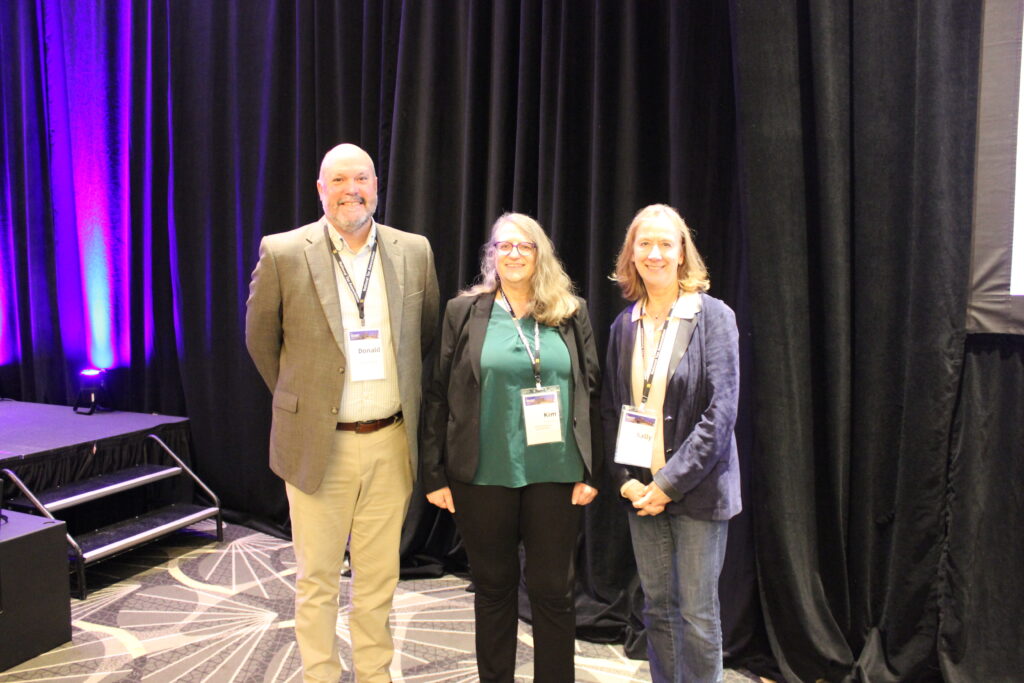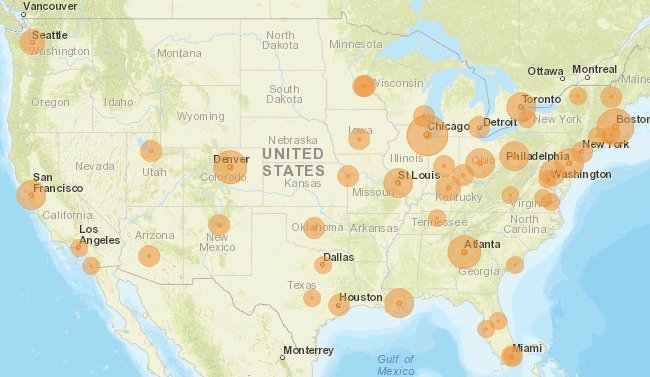TAXES IN A CHANGING ECONOMIC AND LEGAL LANDSCAPE
Program Chairs: Jason DeBacker, University of South Carolina, Emily Lin, U.S. Department of the Treasury
Thursday, May 9, 2024
| 8:45-9:00AM |
WELCOME AND INTRODUCTION |
| 9:00-9:30AM |
KEYNOTE SESSION Introduction: |
| 9:30 – 9:45 AM |
BREAK |
| 9:45 – 11:05 AM |
LESSONS FROM RECENT BUSINESS TAXATION LEGISLATION (Paper Session) Moderator: Investor Perceptions of the Book Minimum Tax Tax Policy and Investment in a Global Economy The Efficiency-Equity Tradeoff of the Corporate Income Tax: Evidence from the Tax Cuts and Jobs Act How Do Business Owners Respond to a Tax Cut? Examining the 199A Deduction for Pass-Through Firms |
| 11:05 – 11:20 AM |
BREAK |
| 11:20AM- 12:50PM |
PRESENTATION OF THE DAVIE-DAVIS AWARD FOR PUBLIC SERVICE Presentation of the Davie-Davis Award for Public Service to Recipient James Cilke, U.S. Congress, Joint Committee on Taxation, by Adam Looney, University of Utah CHOOSING AMONG REVENUE RAISERS (Panel Session) Moderator: Panelists: Panel Description The U.S. federal government faces large budget deficits as far as the eye can see. Extending TCJA would add to these. The panel will discuss current estimates of the federal government’s fiscal position, including the primary drives of the deficit. Then the discussion will move on to the revenue potential of the current tax system and an evaluation of the revenue, efficiency and distributional implications of alternative revenue sources such as a VAT, wealth tax, carbon tax, and increased taxes on high income taxpayers. The implications of the OECD’s BEPS project will also be discussed. |
| 12:50 – 2:30 PM |
LUNCH |
| 2:30 – 4:00 PM |
THE SUPREME COURT’S EXAMINATION OF THE AUTHORITY OF CONGRESS AND FEDERAL AGENCIES TO FORMULATE TAX LAW (Panel Session) Co-Sponsored by the American Tax Policy Institute Moderator: Stephen Shay, Boston College Law School Panelists: Panel Description |
| 4:00 – 4:15 PM |
BREAK |
| 4:15 – 5:30 PM |
CHANGING ECONOMY, CHANGING TAXES (Paper Session) Moderator: The Evolution of Platform Gig Work, 2012-2021 Growing Electric Vehicle Adoption: Implications for Infrastructure Maintenance and the Tax Burden on Families of Different Funding Polices Taxing Cryptocurrencies |
| 5:30 – 6:45 PM |
RECEPTION |
Friday, May 10, 2024
|
8:45 – 8:50 AM |
WELCOME National Tax Association |
| 8:50 – 10:05 AM |
AI IN TAX ADIMINISTRATION, RESEARCH, AND POLICY (Paper session) Moderator: Using AI to Enhance Tax Services
|
| 10:05-10:20 AM |
BREAK |
| 10:20 – 11:00 AM |
THE ROLE OF TAX IN RACIAL INEQUITY (Panel Session) Co-sponsored by the American Tax Policy Institute Moderator: Panelists: Panel Description In recent years, legal scholars, including Dorothy Brown, Jacob Goldin, Jeremy Bearer-Friend, Andrew Kahrl, and Steven Dean have developed a growing literature on ways in which facially neutral tax laws contribute to racial inequity. Continuing this research, two legal scholars will present their work in progress. Steven Dean’s book, Global Jim Crow: International Taxation and Racial Capitalism, tells the story of what happened after imperial control gave way to independence, highlighting the rise of an international tax system that did for the world what racially discriminatory tax policies achieved in the United States in the years after slavery ended. Katherine Pratt’s article, Taxing Reparations, analyzes the tax consequences of historical reparation examples under existing income tax rules and rationales and normative frameworks for the federal income tax and for reparation programs. |
| 11:05 – 11:45 AM |
LESSONS FROM THE RECENT EXPANSION IN THE EITC AND CHILD TAX CREDIT (Paper Session) Moderator: The Effect of the 2021 Childless EITC Expansion on Young Adults’ Material Well-Being Boosting Take-Up of the Expanded Child Tax Credit |
| 11:45 AM – 12:00 PM |
BREAK |
| 12:00 – 12:50 PM |
KEYNOTE PRESENTATION Introduction: The Power to Destroy: How the Antitax Movement Hijacked America |
| 12:50 – 2:15 PM |
LUNCH |
| STATE-LOCAL TAX PROGRAM Program Chair: Nathan Seegert, University of Utah |
|
| 2:15 – 3:30 PM |
LAND TAXES: FROM THEORY TO PRACTICE (Panel Session) Moderator: Panelists: Panel Description Economists have long stressed the virtues of land taxes over other taxes. Land value taxation offers the greatest efficiency gains in strong urban land markets, where land is highly congestible. In practice, land value taxation has gained traction in weak land markets as an alternative to single-rate property taxes. What accounts for this division between theory and use? This panel provides multiple perspectives on land taxes, bridging the gap between theory and practice. |
| 3:35 – 4:45 PM |
IMPLICATIONS OF PROPERTY TAX POLICY CHANGES FOR AFFORDABLE HOUSING Moderator: Byron Lutz, Federal Reserve Board Panelists: Panel Description Many local governments have enacted policies that reduce property taxes to increase housing affordability for certain groups of taxpayers. If home values increase when property taxes fall, offering reductions will be ineffective at increasing the affordability on the margin of homeownership. However, property taxes are less likely to be priced into home values if residents expect changes to property taxes will trigger changes in public goods expenditures, if property taxes are not salient to residents, or if housing supply in an area is elastic relative to demand. This panel discusses recently proposed and realized reforms at the state and local levels. |
![National Tax Association [ National Tax Association ]](https://ntanet.org/wp-content/themes/nta-custom/library/images/nta-whitebg-web-top.svg)


![National Tax Association [ NTA ]](https://ntanet.org/wp-content/themes/nta-custom/library/images/nta-white-logo.svg)